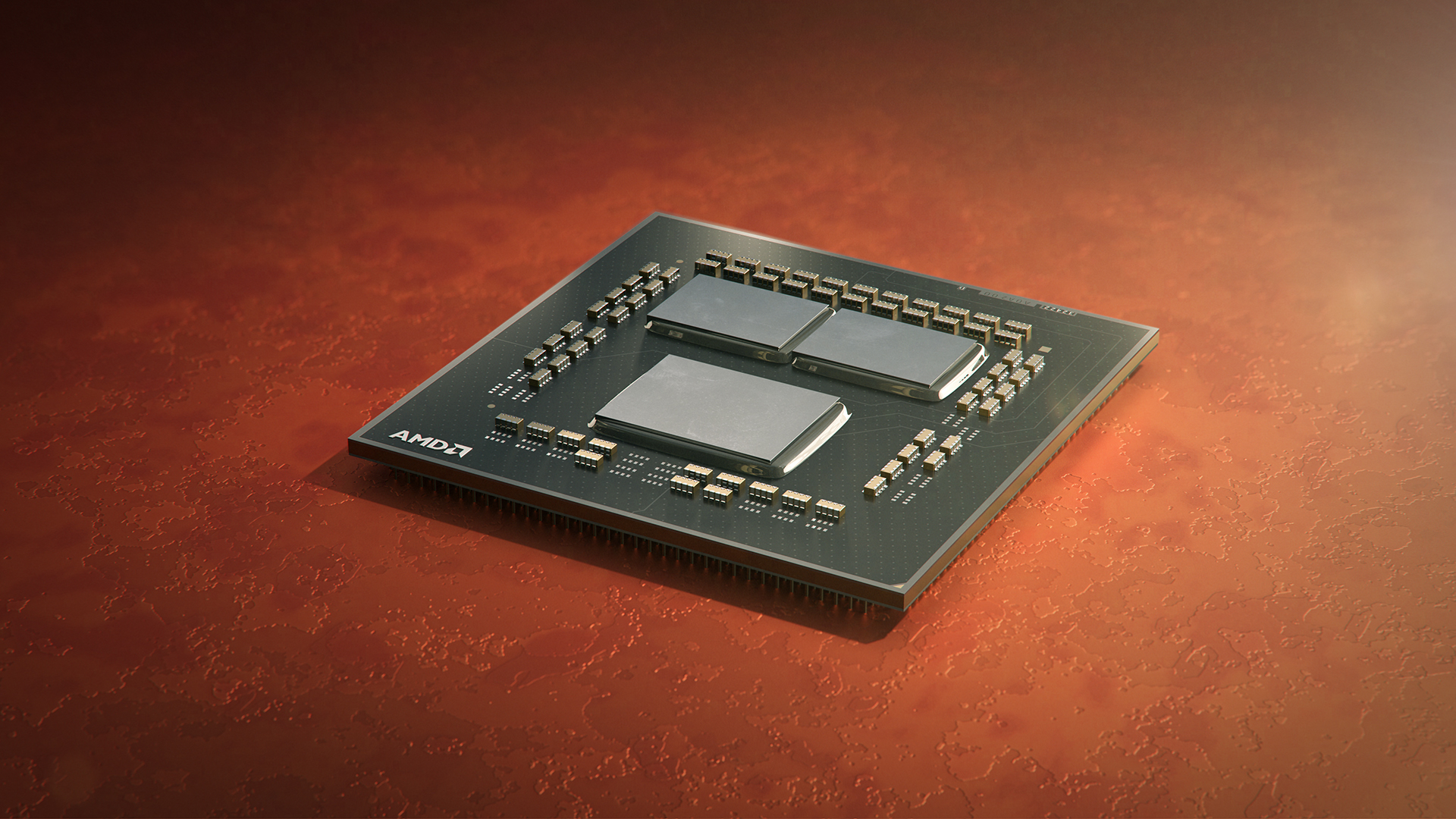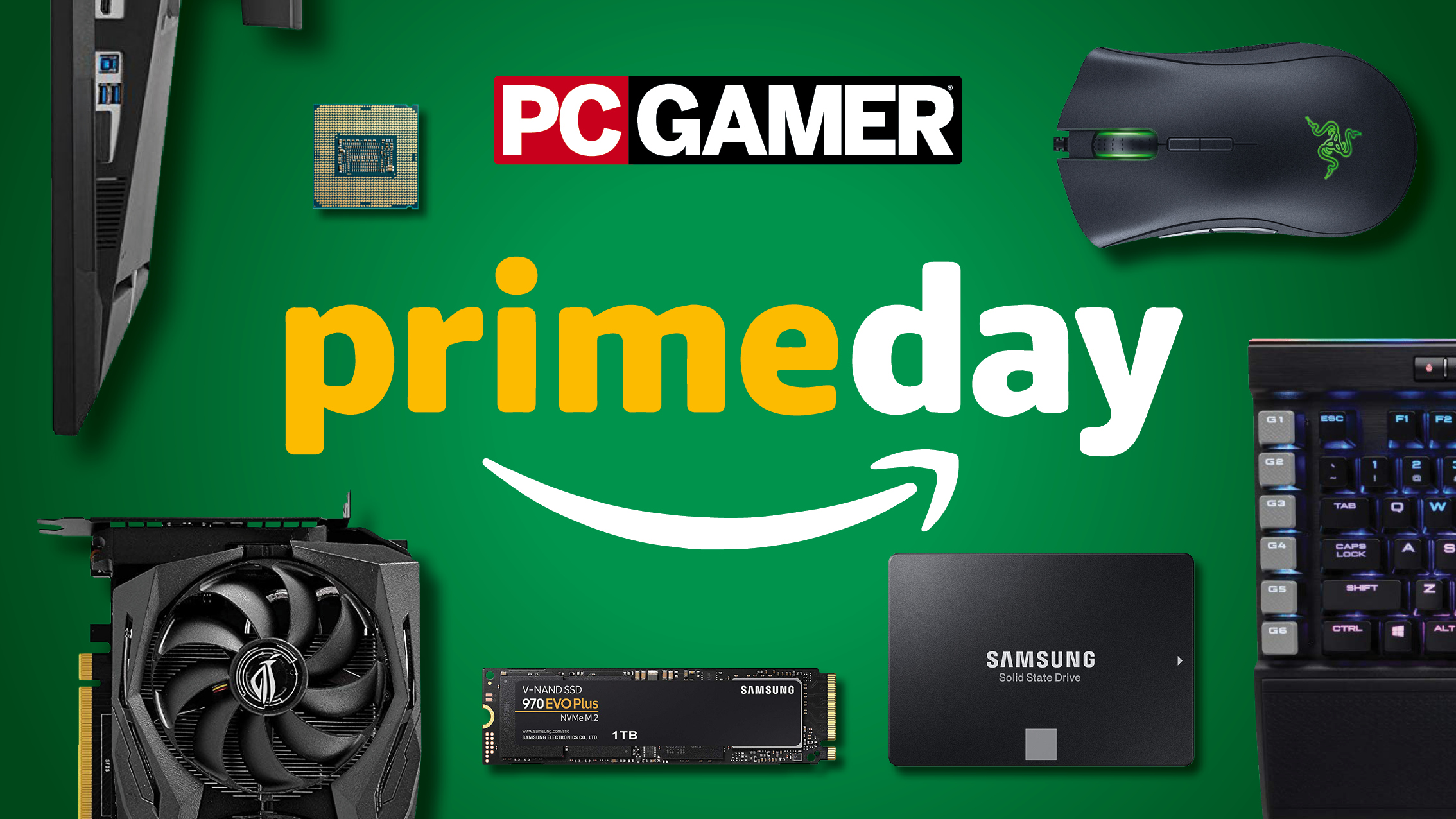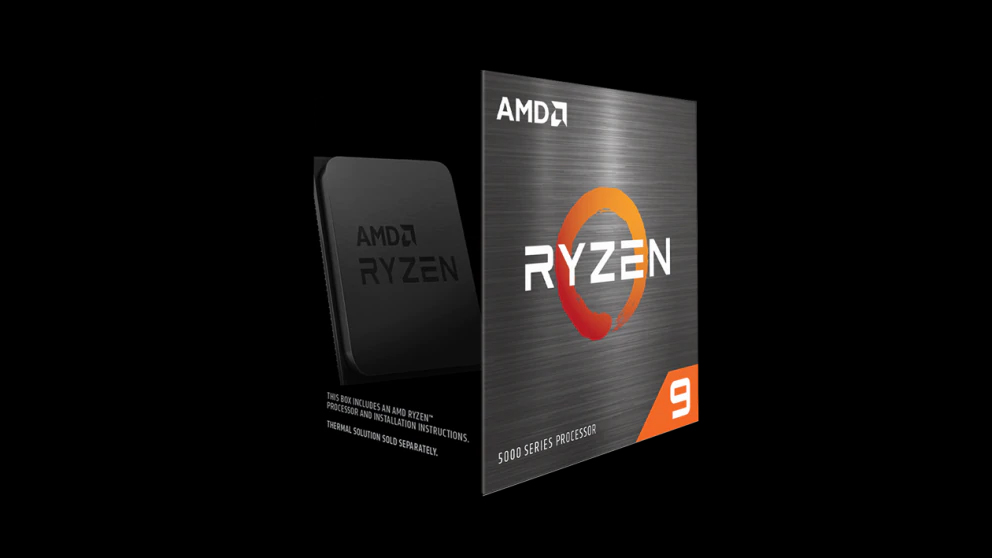Ryzen 5000 pricing shows that AMD isn't the cheap alternative anymore
AMD is shrugging off its gaming underdog image.

The announcement of AMD's Ryzen 5000 processors was one of the most hotly anticipated events on the techie calendar. We now know of four brand new processors built on the Zen 3 architecture: the Ryzen 9 5950X, Ryzen 9 5900X, Ryzen 7 5800X, and Ryzen 5 5600X.

Amazon Prime Day 2020 deals: the place to find all the best Prime Day bargains around October 13 and 14.
The gains purported alongside these four chips should make them quite the gaming chips, and that means there's plenty to be excited about when they arrive on November 5. We ran a Twitter poll last night and it looks like you're all raving for the 16-core Ryzen 9 5950X—no surprise there. It's the fastest of the lot, after all. But it's also the most expensive, coming in at $799. That's more than even Nvidia's RTX 3080 at $699.
It's also $50 more than the Ryzen 9 3950X, and the same goes for the other Zen 3 chips in the stack—they're all $50 more than their last generation counterpart. The 12-core Ryzen 9 5900X is $549, the eight-core Ryzen 7 5800X is $449, and the six-core Ryzen 5 5600X, the only one with an included cooler, is $299. And we're talking about an included Wraith Stealth cooler, too, not even the larger Wraith Spire included with the Ryzen 5 3600XT.
And the reason why AMD is able to charge more is simply because it's confident its new gaming CPUs are the best. AMD is shaking off the last of the 'cheap alternative' image that it's held for over a decade.
No company wants to be second fiddle to the market leader. AMD has been that for a very long time—an underdog in all but market cap (AMD is worth $101bn, after all). Intel has long dominated the market with its Core processors and even AMD's Ryzen chips, while fantastic in multi-core performance and performance per dollar, could never quite match Intel's high-end enthusiast chips core to core.
Take gaming performance, for example. While the Zen 2 architecture saw the red team's CPUs leaping and bounding towards gaming equivalency, they still fall a touch short of Intel's 10th Gen processors. A system fitted with the fastest Zen 2 chip, the Ryzen 9 3950X, manages to hit an average frame rate of 93 in Total War: Three Kingdoms. An Intel Core i9 10900K system hits 115fps.

Shadow of the Tomb Raider, too. In our testing the AMD system manages 139fps on average, while the Intel one hits 156fps. That makes for a 12% performance disparity in Intel's favour.
Keep up to date with the most important stories and the best deals, as picked by the PC Gamer team.
And that's exactly the battleground that AMD is promising to deliver performance with Zen 3. In Shadow of the Tomb Raider specifically, in fact, AMD is teasing a performance increase of roughly 28% with the Ryzen 9 5900X over the Ryzen 9 3900X.
See where I'm going with this? A 12% performance disparity, offset by a 28% performance uplift with the new architecture, and AMD is out in the lead. That's not even a direct apples to apples comparison either, it's the slightly slower Ryzen 9 5900X versus the best of Zen 2.
These are still preliminary numbers, however, and we've not yet had a chance to verify them for ourselves. Yet even if there's a little give or take in the exact results, that puts AMD on top in gaming and eyeing up the top spot in our best CPU for gaming roundup. That's an achievement which has been a long time in the making for the resurgent red team.
AMD is seemingly on the verge of taking the enthusiast gaming crown. With it, the company is eyeing up an enthusiast price tag too.
| Ryzen 5000 | Price | Ryzen 3000 | Price |
|---|---|---|---|
| Ryzen 9 5950X | $799 | Ryzen 9 3950X | $749 |
| Ryzen 9 5900X | $549 | Ryzen 9 3900XT | $499 |
| Ryzen 7 5800X | $449 | Ryzen 7 3800XT | $399 |
| Ryzen 5 5600X | $299 | Ryzen 5 3600XT | $249 |
The Intel Core i9 10900K is a 10-core processor with an MSRP around the $529 mark, and the Ryzen 9 5900X is $549. The Ryzen 9 5950X is $799. AMD has the faster chip, and the more expensive. A world turned upside down.
Such a move has always been AMD's ideal outcome too. The company has been keen to improve its average selling price (ASP), in order to improve its financial performance, but to do so it had to beat the competition first. AMD reported at the start of 2020, in its 10-K filing with the SEC, that its ASP had increased an impressive 22%, rising alongside its improved revenues. Further to that, AMD will be keen to show off even greater ASPs across the computing segment for the year coming.
This is a decision purely in the best interests of a company that has been on death's door more than enough times, and I'm not sure I can wrap this up with some roundabout silver lining for us PC builders that makes it all okay—if you want high-end performance, you're still going to have to pay for it.
Competition is good for everyone, yada yada. You know the drill. This is far from chastising a company that's delivered above and beyond year after year. Just look at what this extra level of competition has delivered from a technological point so far: Ryzen 5000 processors, 10-core Intel chips, and Nvidia Ampere GPUs with over 10,000 CUDA Cores. Further to that, we've got RDNA 2 and Intel Rocket Lake all to come very soon. We're on an upswing in PC performance like no other, enjoy it. Just try not to think about the upswing in price.

Jacob earned his first byline writing for his own tech blog. From there, he graduated to professionally breaking things as hardware writer at PCGamesN, and would go on to run the team as hardware editor. He joined PC Gamer's top staff as senior hardware editor before becoming managing editor of the hardware team, and you'll now find him reporting on the latest developments in the technology and gaming industries and testing the newest PC components.

